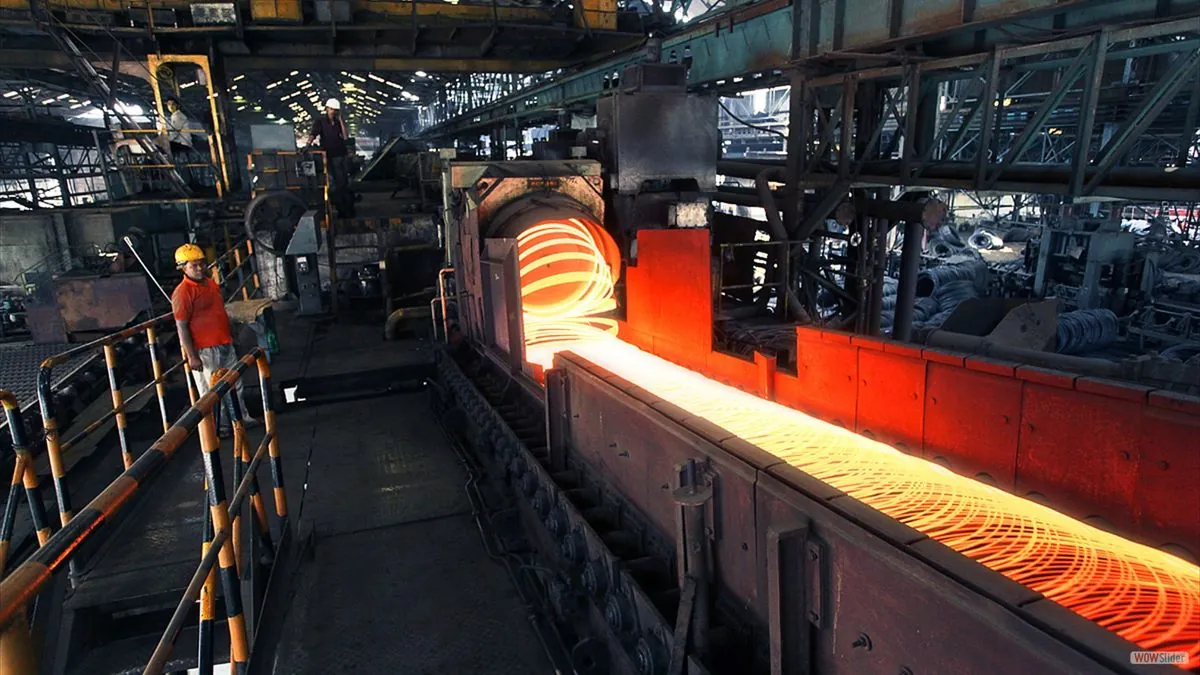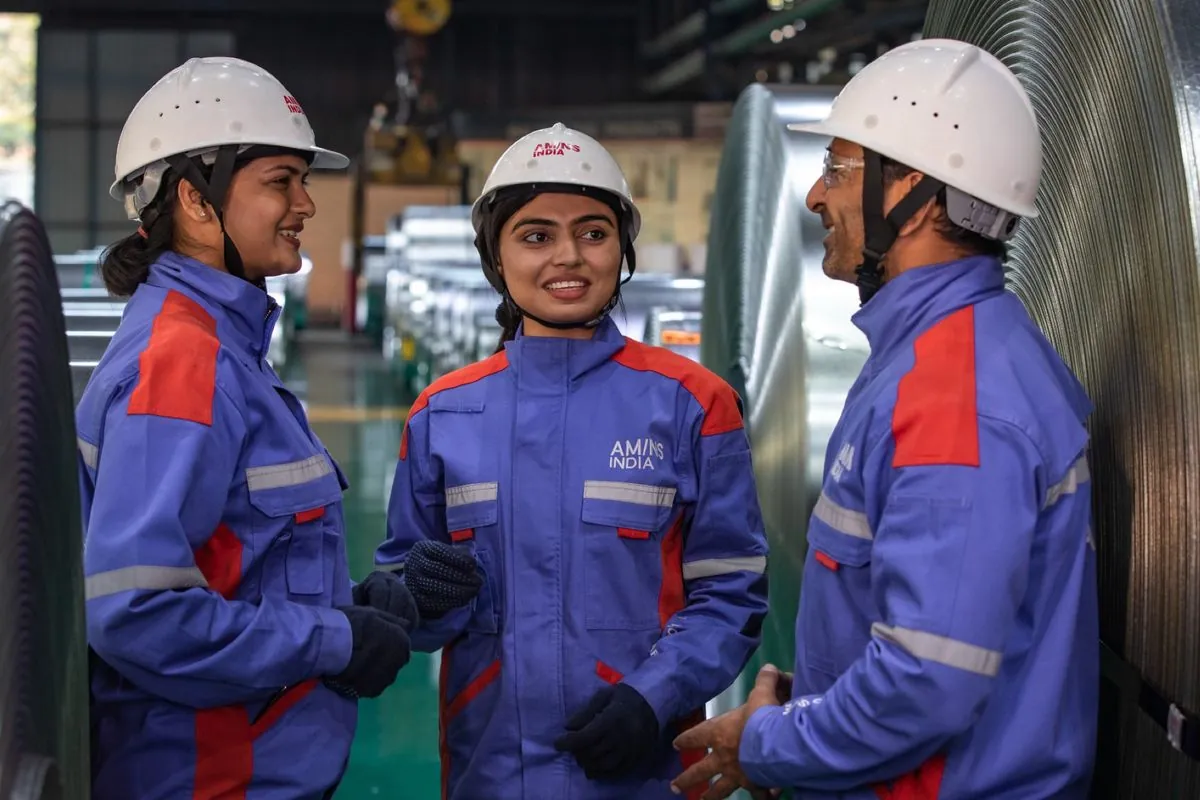India Mulls Measures to Counter Rising Steel Imports Amid Price Concerns
India's Steel Minister discusses strategies to address increasing steel imports, as domestic prices hit a three-year low. The country remains a net importer despite surging demand, with China leading export figures.

India, the world's second-largest crude steel producer, is grappling with the challenge of rising steel imports despite a surge in domestic demand. H.D. Kumaraswamy, the Steel Minister, has confirmed that discussions are underway to address this issue, which has become a significant concern for local steelmakers.
The Indian steel industry, with roots dating back to 1907, has seen remarkable growth over the years. The country's steel production capacity has more than doubled from 75 million tonnes in 2009 to over 150 million tonnes in 2024. Despite this growth, India found itself in the position of a net steel importer during the fiscal year ending March 2024, a trend that continued from April to July of the same year.
China, Japan, and South Korea have emerged as the top steel exporters to India during this period. The influx of imports has had a notable impact on the domestic market, with local steel prices plummeting to their lowest levels in more than three years, according to data from commodities consultancy BigMint.
In response to these challenges, Kumaraswamy has indicated that his ministry is considering approaching the finance ministry to propose an increase in tariffs on steel imports. This move aims to protect domestic mills from the rising tide of cheaper imports, particularly from countries like China.

The Indian government has been proactive in supporting the steel industry, as evidenced by the National Steel Policy launched in 2017. This policy sets an ambitious target of achieving 300 million tonnes of steel production capacity by 2030. The steel sector's importance to the Indian economy is significant, contributing about 2% to the country's GDP and employing over 2 million people directly and indirectly.
In August 2024, India took a decisive step by initiating an anti-dumping investigation on certain steel products imported from Vietnam. This action came in response to appeals from leading Indian steelmakers, including JSW Steel and ArcelorMittal Nippon Steel India. Anti-dumping duties are a common tool used globally to protect domestic industries from unfair competition by foreign producers.
It's worth noting that the global steel industry is known for its cyclical nature, with periods of oversupply and undersupply. As the industry grapples with these challenges, it also faces increasing pressure to reduce its environmental impact. The steel sector is a significant contributor to global CO2 emissions, accounting for about 7-9% of direct emissions from the global use of fossil fuels.
As India continues to navigate these complex issues, the government's approach to balancing domestic production, import regulations, and environmental concerns will be crucial in shaping the future of its steel industry.
"Rising imports are a key issue for steelmakers even as demand for the metal continues to surge."
This statement underscores the paradoxical situation India's steel industry currently faces, highlighting the need for strategic interventions to support domestic producers while meeting the growing demand for steel in the country.


































